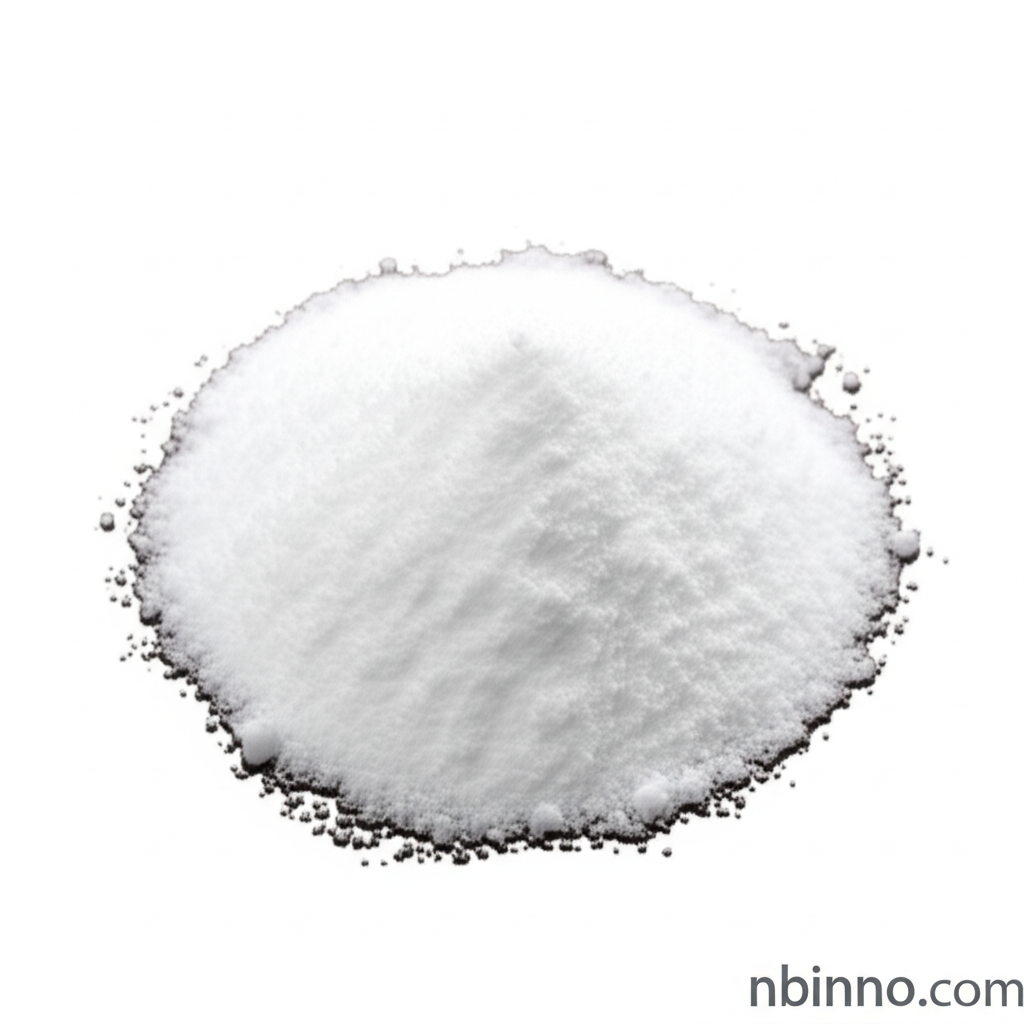Muconic Acid: Synthesis, Applications, and Future in Bio-Based Polymers
Discover the critical role of Muconic Acid as a bio-based platform chemical for sustainable polymer and commodity chemical production. Explore advanced synthesis and applications.
Get a Quote & SampleProduct Core Value

Muconic Acid
Muconic acid is a vital bio-based platform chemical, recognized for its pivotal role in bridging biomass feedstocks with high-value downstream products, including polymers and essential commodity chemicals. As a reliable supplier in China, we are committed to providing high-quality muconic acid to support your innovative projects.
- Explore the sustainable production of muconic acid through advanced biocatalytic and chemical synthesis routes, driving innovation in green chemistry.
- Unlock the potential of muconic acid for polymers, enabling the creation of advanced materials with improved environmental profiles.
- Understand the intricate process of isomerization of cis,cis-muconic acid to trans,trans-muconic acid, a key step for Diels-Alder reactions.
- Learn how derivatives like CH1DA are integrated into materials such as Nylon-6,6, showcasing the versatility of bio-based platform chemicals.
Key Advantages Offered
Sustainability and Environmental Impact
Leveraging green chemistry principles, muconic acid production minimizes environmental footprint, aligning with global sustainability goals.
Versatile Chemical Intermediate
Serve as a crucial building block for a wide range of organic syntheses, enabling the development of novel chemicals and materials from renewable resources.
Performance-Driven Materials
The integration of muconic acid derivatives, like CH1DA, into polymers like Nylon-6,6 allows for tailored material properties, enhancing performance and offering new possibilities in material science.
Key Applications
Organic Synthesis
Muconic acid serves as a fundamental building block in numerous organic synthesis pathways, facilitating the creation of complex molecules.
Polymer Production
It is a precursor for various polymers, including bio-based alternatives to petrochemicals, contributing to a more sustainable polymer industry.
Chemical Intermediates
As a key intermediate, it enables the production of a broad spectrum of specialty and commodity chemicals, supporting diverse industrial needs.
Bio-based Monomers
The conversion of muconic acid into cyclic monomers like CH1DA opens new avenues for bio-based plastics with enhanced properties.
